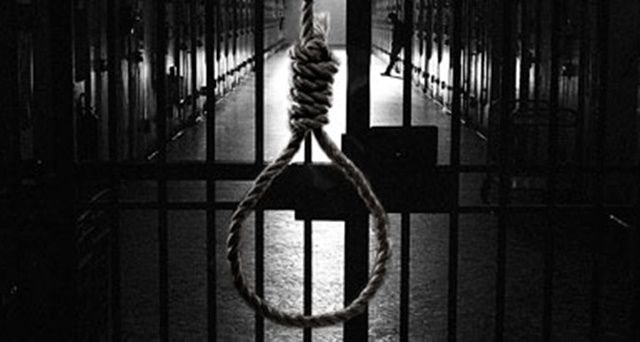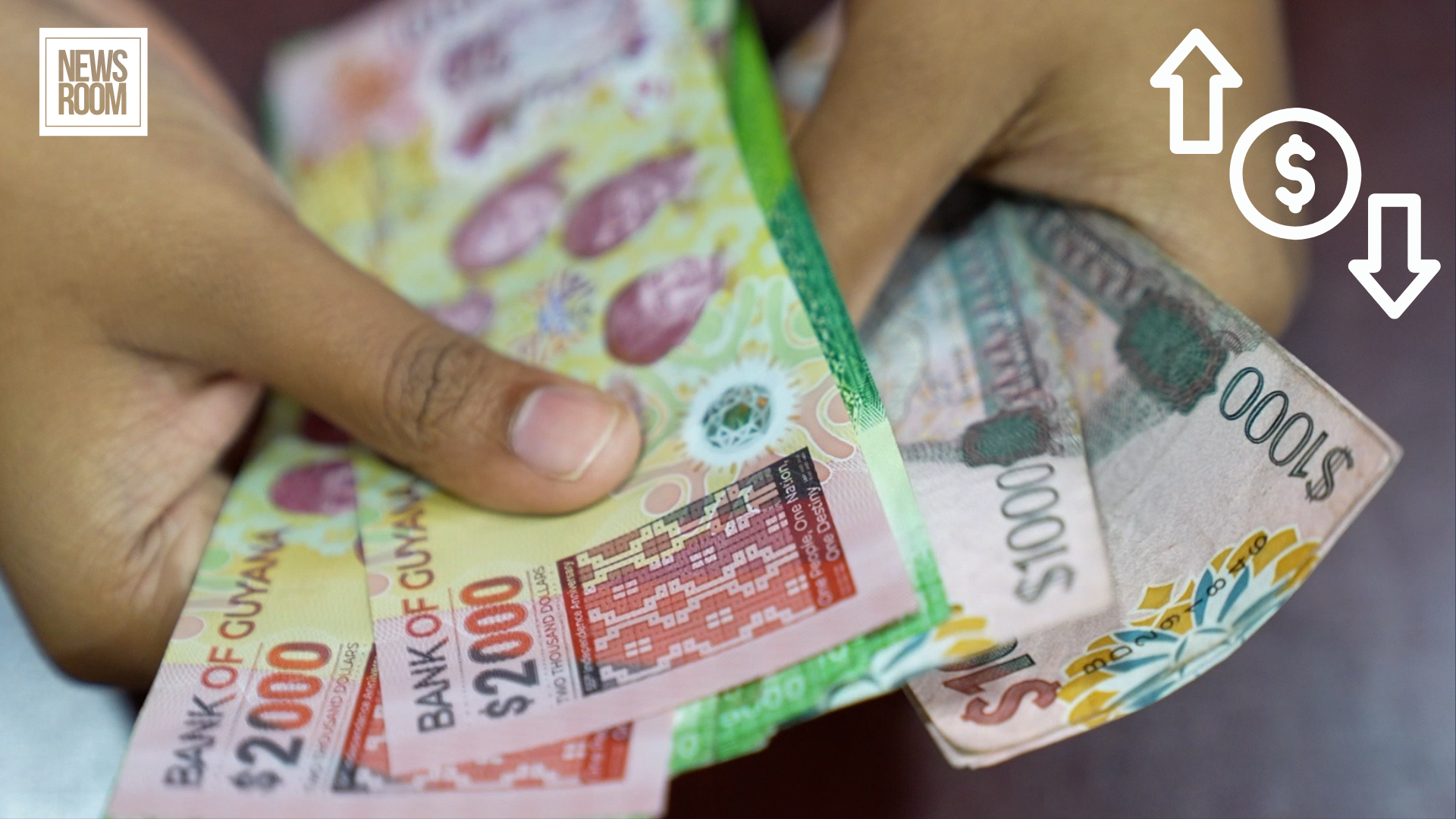On 20 July 2016, the European Union Delegation to Guyana, in partnership with the International Commission against the Death Penalty, the Chancellor of the Judiciary of the Government of Guyana, the United Nations Office of the High Commissioner for Human Rights, and the Embassy of the Netherlands in Suriname, is facilitating a Judicial Colloquium on the Abolition of the Death Penalty at the Marriott, Guyana.
According to a statement from the EU delegation to Guyana, Suriname, Trinidad and Tobago, the Colloquium shall include members of the Guyanese judiciary and shall consider the themes of: the role of the United Nations in the Abolition of the Death Penalty, the Experience of other Countries in abolishing the Death Penalty, the Second Optional Protocol to the International Covenant on Civil and Political Rights and the role of Judges in abolishing the Death Penalty.
The European Union, the International Commission against the Death Penalty and the United Nations advocate for the universal abolition of the death penalty based on the fundamental nature of the right to life; the unacceptable risk of executing innocent people; and the absence of proof that the death penalty serves as a deterrent to crime. As part of its drive to support the UN in its advocacy for the abolition of the death penalty, the UN Human Rights Office had organized a series of global discussions on the subject.
The abolition of the death penalty is essential for the protection of human dignity, as well as for the progressive development of human rights, the EU said.
Ms. Navi Pillay, former UN High Commissioner for Human Rights and current Commissioner of the International Commission against the Death Penalty, Mr. Ivan Šimonović, UN Assistant Secretary-General for Human Rights, and Emeritus Professor Marc Bossuyt, Emeritus President of the Constitutional Court of Belgium, shall participate in the Colloquium.
Even though CARICOM countries retain the death penalty, there have been no executions for some time in the region.
Capital punishment remains on the books in Guyana, even though it has been obsolete for all practical purposes for close to 20 years.
The Constitution states that “no person shall be deprived of his life intentionally save in execution of the sentence of a court in respect of an offense under the law of Guyana of which he has been convicted.”
Crimes and Offenders Punishable By Death includes; Murder, Other Offenses Resulting in Death (supplying, administering to or causing a child to take drugs, resulting in death, murder in the course of piracy, hijacking, or armed robbery), Terrorism-Related Offenses Resulting in Death, Drug Trafficking Resulting in Death, Treason, Military Offenses Not Resulting in Death (abandoning one’s post to assist the enemy, imperiling operations, serving the enemy if taken prisoner, furnishing the enemy with arms or ammunition, harboring the enemy and committing espionage or mutiny in relation to the enemy).
Categories of Offenders Excluded from the Death Penalty are Individuals Below Age 18 At Time of Crime, Pregnant Women and Mentally Ill persons.
Guyana last executed a death row prisoner in 1997.












